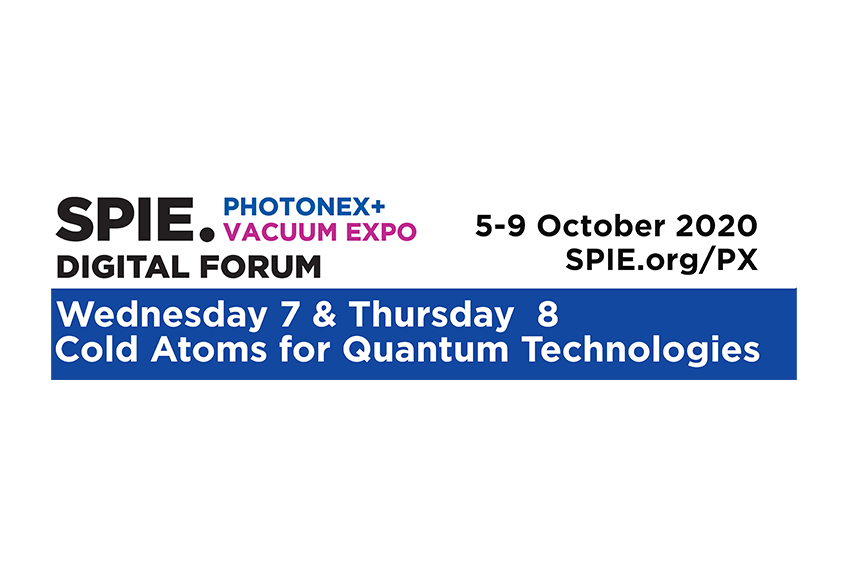Writing for Scotland on Sunday, our CEO and Founder Dr Graeme Malcolm OBE outlined the positive role that science and technology can play at the heart of government and society – and the learnings we can take from the current pandemic in combatting the climate emergency.
"Since March, we've become accustomed to seeing politicians giving scientific experts the highest platform in the land. From the daily press briefings led by Government ministers sandwiched between scientific experts, to emergency press conferences led by the Chief Medical Advisor, politicians are clearly deferring to the experts unlike ever before and 'following' scientific advice to the letter.
"Expertise has taken centre stage and we are seeing widespread recognition that a combination of experience, data and research form the most robust rudder to guide us through the storm. But it's not just good guidance; scientific advance holds the key to unlocking the solutions to this crisis.
"Around the world, we are witnessing extraordinary innovation throughout medicine, computing and financial technology – all tackling major challenges posed by the global pandemic. It points to the power of creativity, ingenuity and determination towards a collective goal, but also raises questions of what could be achieved in peacetime with a fraction of this. Science and technology are not areas to lean on just when the going gets tough – they need consistent support and recognition.
"There are now more technology scaleups in the UK than there are in the rest of Europe, and many are growing to be able to stand shoulder-to-shoulder with some of the biggest technology companies in the world. Scotland is host to a myriad of these innovative, ground-breaking businesses working at the frontier of their fields – from space exploration, to green manufacturing solutions, renewable energy and photonics.
"Commercialising research through impressive partnerships between entrepreneurs, universities and government has meant that in Scotland many of these firms have a global presence and are moving their pioneering products forward at pace. For example, by latest counts there are now a near 60 companies in Scotland dedicated to photonics alone, including my company M Squared, and combined they generate almost £1 billion in revenue and employ more than 4,000 highly-skilled staff.
"Science and technology should be valued not only as a reaction, but as a means to proactively prevent disaster, and improve the world we live in. Looking ahead, it is essential that we recognise this and bolster the scientific community with the right government support, funding and pipeline of skilled talent as it will play a fundamental role in the major challenges that humanity is facing.
"One such challenge which requires long-term scientific innovation is the climate crisis. As the COVID-19 pandemic shifts into a longer-term reality, the stark presence of humanity's effects on the environment comes back into focus. David Attenborough's new documentary, A Life On Our Planet, is a popular reminder that we cannot ignore what is happening. And with the threat of more global pandemics as a consequence of environmental damage, we must act.
"First Minister Nicola Sturgeon spoke early and declared a climate emergency, vowing that Scotland would, 'live up to our responsibility to tackle it'. The COP26 conference in Glasgow may be delayed, but when it goes ahead, Scotland will be at the epicentre of the international debate.
"Scotland has highly ambitious climate targets – net-zero greenhouse gas emissions by 2045 at the latest – five years ahead of the UK's target. Sturgeon has identified Scotland as a world leader in the cutting-edge industries of the future, and there is no reason why domestic companies cannot lead the way in delivering this goal.
"The United Nations has said that there are all but 11 years left to avoid irreversible damage to our climate. Preserving and protecting the planet will take us beyond the brink of current scientific understanding. Yet, times of crisis bring clarity – we must now recognise the social and economic fragility of modern life.
"One example of where Scotland's photonics industry is tackling climate change with frontier tech is M Squared – its science-based mission covers earth-observation technologies that are leading the way in environmental sensing of pollution and climate change. In developing the only laser pure enough to calibrate the spectrometers aboard recent and upcoming space missions, the company is playing a critical role in observing and mapping a multitude of critical atmospheric pollutants (including CO2) that impact on our health and affect our climate.
"From space, we can see our impact on the world from global warming, deforestation, animal husbandry, agriculture, forest fires, melting ice caps, and transportation. We can pinpoint Europe's industrial belt by observing concentrations of pollutants, and even see the impact of California's forest fires. Seeing is believing – which means this data will be truly fundamental in driving the transformations in societies and economies that will be required to halt climate change.
"It has become clear that governments can act with decisiveness and urgency. We must take this opportunity to get out in front, listen to and invest in science and technology and act. Scotland can lead the fight against the climate catastrophe.
"The impact of global events, actions and policies on local communities has been made so plain to see for all during this deeply trying time – my hope is that we take what we can from this turning point, and utilise the power of science and technology over the long term to better society and solve major challenges."
This article first appeared in Scotland On Sunday on Sunday 04.10.2020.




